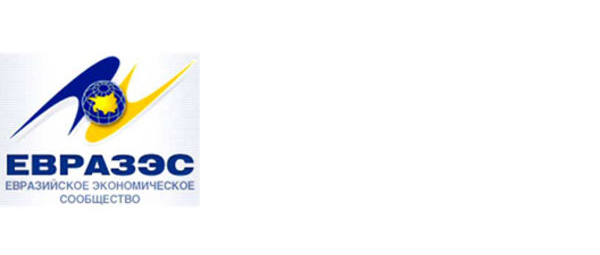The National Bank lifted its restrictions on currency exchange rates
 The situation has not changed
The situation has not changed

On 11 May 2011 the National Bank lifted restrictions on cash currency exchange rates set by banks for the population.
Comment
This solution was designed to reduce the tension caused in the society before the start of the summer vacations season. However the currency shortage nevertheless sustained.
Firstly, the exchange rate set by the banks (Br 4000 per USD and Br 5700 per Euro), was not determined by the market, it was a recommendation by the NBB. Secondly, the non-cash exchange rate at the inter-bank market exceeds the cash rate by far (5500-6000 rubles per USD), and while there are schemes of conversion of cash into non-cash, and vice versa, there are concerns that de facto rate is higher. Accordingly, the foreign currency speculators will continue offering better exchange rates for those who wish to sell large amounts of foreign currency cash. Thirdly, for a number of years the balance between sale and purchase of currencies by the population was negative and commercial banks covered the difference by buying more currencies from the National Bank. In the current situation the NBB has no plans to sell currency to banks.
On 13 May the exchange rate at the inter-bank market broke the margin of Br 6,000 for a Dollar (Br 8000 for Euro; nota bene, the cross-rate has recovered at the interbank and the black market following the last two weeks’ significant advance of the US Dollar over the Euro exchange rate), the USD exchange rate at the black market reached Br 4200-4500 depending on the sum (the larger the amount the higher the rate), and there is still no cash currency for the population at the exchange offices.
Therefore in order to eliminate all the existing imbalances, devaluation and other measures aiming at restricting the money supply and government spending are needed. However today there is an obvious lack of political will to implement such reforms.
Furthermore, the data published by the NBB last week demonstrates a clear unwillingness of the authorities to treat seriously the threat of creeping devaluation and the critical state of the economy as a whole. It occurred that in April the NBB managed to print almost 1 trillion rubles, increasing the money supply by 20%.
Subscribe to our newsletter




Situation in Belarus
Constitutional referendum: main consequences


 Video
Video
How to count the political prisoners: are the new criteria needed?


 Video
Video
Paternalism In Decline, Belarusian Euroscepticism, And The Influence Of Russia


 Video
Video












